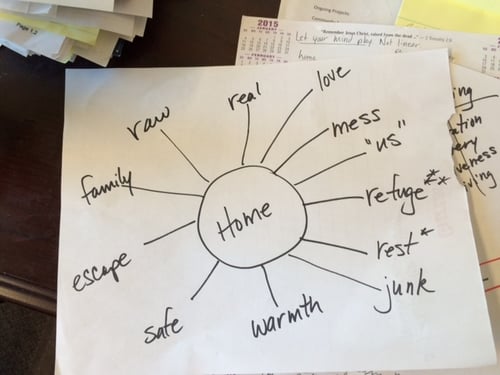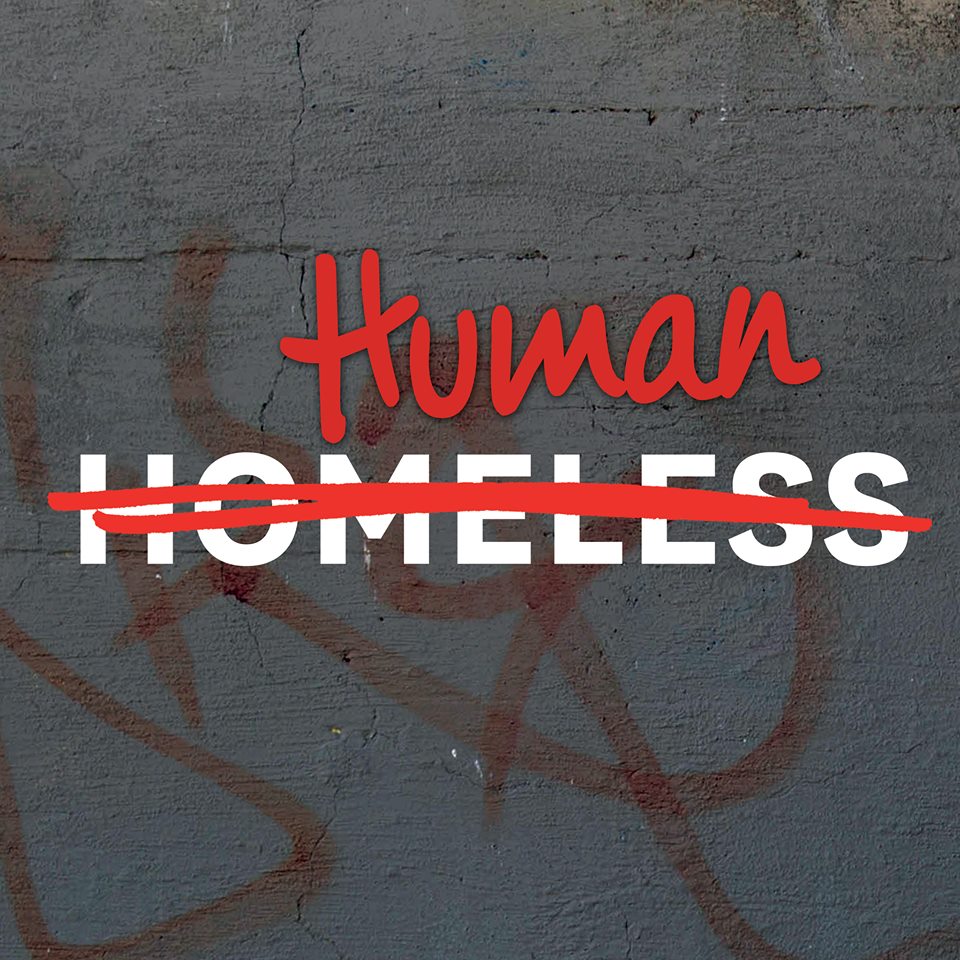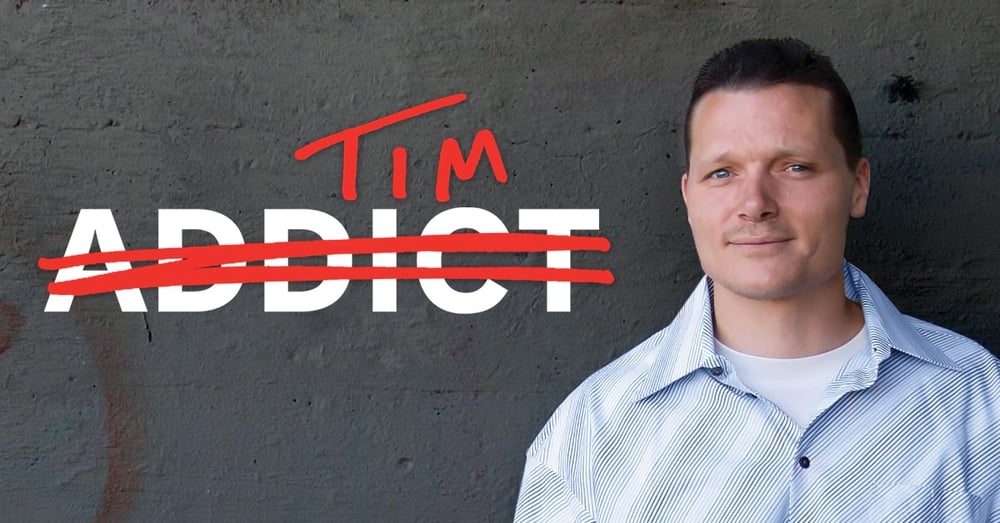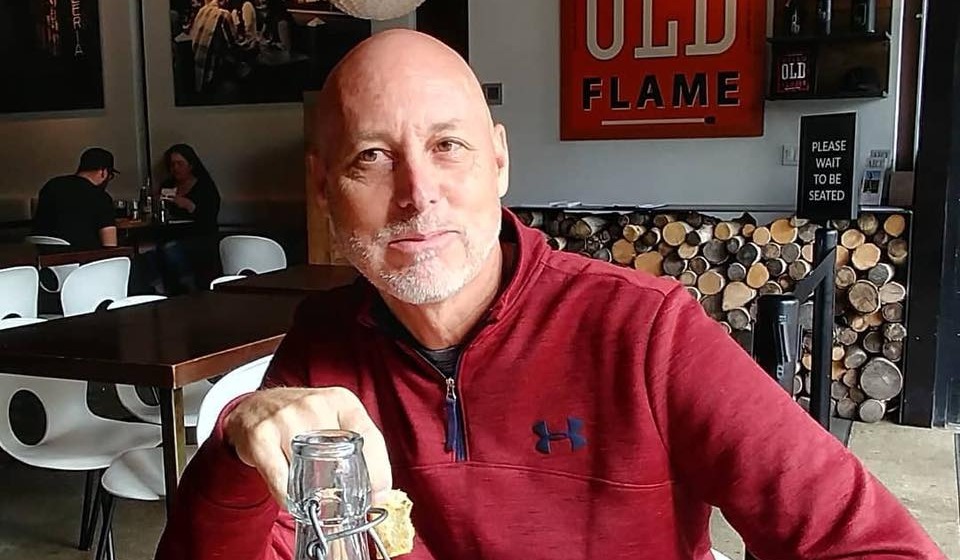2 min read
Gospel-Centered from the Start
“Let us hold unswervingly to the hope we profess, for He Who promised is faithful…Jesus Christ is the same yesterday, today, and forever.” (Hebrews...
By Barbara Comito, UGM Director of Marketing & Communications
In early summer, the UGM Marketing & Communications team (two graphic designers, a writer, a digital media specialist and myself) sat around a weathered wooden table at Rockwood Bakery, drinking coffee, eating pastries and brainstorming the 2015 fall campaign.*
We asked ourselves: What do people want to – need to – know about the Union Gospel Mission, its guests and the work that God is doing here? How can we communicate what we’re passionate about in a way that encourages other people to get involved in this business of radical hospitality and life transformation? How do we tell the story? Where do we begin?
We talked a lot about home – what that word means – and what it’s like not to have one.
We talked about the tough questions: Why should anyone care about homelessness? Isn’t it true that many of our guests are addicts and felons? Haven’t they brought a measure of their problems upon themselves? Why should a hard-working person give their hard-earned money to help someone who has made so many bad choices? The discussion went in a whole bunch of directions and included lots of stuff about Jesus, grace, Matthew 25, the Good Samaritan, families of origin, trauma, favorite childhood memories, backyards, meals around the table, and frankly, sin.
Here’s where we landed: it’s complicated.
But we also felt confident of this: We are all in the same boat. We’ve all made bad choices. Any one of us could end up in a desperate situation. More importantly, we are all human beings, created in the image of God with a valuable, one-of-a-kind story. A story worth being told, heard and understood.
Enter Danielle Davis and her idea for the “Lose the Label” campaign.
Labels are stereotypes that stand in the way of understanding. When we see the label “homeless” or “addict” before we see the person, we are in danger of missing the person all together, and that is surely both a tragedy and anti-gospel. The gospel is by nature personal. “(God) didn’t deal with the problem (of sin) as something remote and unimportant. In his Son, Jesus, he personally took on the human condition, entered the disordered mess of struggling humanity in order to set it right once and for all.” (Romans 8:3-4, The Message.)

The Bible says that each individual – male and female – is created in the image of God, that God formed us in the womb, knows the number of the hairs on our heads, when we sit and when we rise, that the angels rejoice for every sinner who repents, and that each believer is a valuable member of the Body of Christ. Indeed, every single life matters.
3 Reasons to “Lose the Label”
1) Labels dehumanize. By replacing a person’s name with a label, we take away his/her unique status. We imply that he/she is indistinguishable from the other members of a group, and a group is easier to dismiss than an individual.
Don’t get me wrong, labels serve a useful purpose. They help us to make sense of a complicated world and can even be useful in terms of better understanding a person. Here are a few of the labels that might be used to describe me: mom, Christian, evangelical, conservative, writer, marketing professional, OCD, messy, depressed, disorganized, Presbyterian… Taken together, those labels begin to form a picture of me. Any one of them by itself, however, might be misleading. The important thing about labels is to limit their function to descriptors, not identifiers. I am not the same as my behavior or the roles I perform or the groups to which I belong. Even good labels are destructive when they become identity-makers.
2) Labels invite comparison. I’m not proud of this, but labels come in mighty handy when I want to feel better about myself. Hey, at least I’m not homeless, not an addict, not a tramp, not a floozy, not obese, not a felon, not a diva, not a dead-beat mom… I am hard-working, conservative, pro-life. Sounds a lot like a familiar parable, does it not? Labels’ simplistic nature allows them to be slapped up on the wall, side by side, and categorized as good or bad. Actual people? Not so much.
3) Labels diminish story. In seven plus years at UGM, I’ve interviewed close to 100 different people. Sure, I’ve heard some consistent themes – abuse, addiction, family dysfunction – but I am always drawn in by the individual story, the details – the 7-year-old girl whose birthday present from her dad was her mom’s release from jail, the soldier who watched as human bodies were eaten by pigs, the woman whose mom died within weeks of their being reunited. Labels leave out all the details. Labels can’t tell a story.
God, on the other hand, is all about story and details: “Like an open book, you watched me grow from conception to birth: all the stages of my life were spread out before you. The days of my life all prepared before I’d even lived one day.” (Psalm 139:16, The Message)

The Lose the Label campaign is meant to invite you into the story – UGM’s story, yes, but a much bigger story, as well. What does it mean to live in a world where there is pain and suffering? Where some people don’t have a home, a bed, a meal? How is my life affected by the man’s on the street corner holding a sign, asking for change? What does it mean to love my neighbor in a city where 1,000 people are homeless? In what ways are we all connected?
We invite your comments and questions below. What labels do you carry? What labels have you lost?
*Fall Campaign: Not a term with which I was familiar before I came to UGM. If it’s unfamiliar to you as well, here’s some background. UGM is a faith-based, non-profit organization that does not accept any government funding. As such, it is almost entirely dependent upon donations for its daily operating expenses. The majority of this funding is given to the organization by people like you between September 1 and December 31. For whatever reason, fall is the season in which people tend to think philanthropically. Our job then, as a marketing and communications department, is to tell UGM’s story in an honest, compelling way that invites people to become a part of that story. We strive to do that in as cost-efficient a way as possible in order to be good stewards of those same finances. The goal of the brainstorming session described above was to answer the question: What’s the most important message we have to communicate to the community who supports UGM?
You can read about some of the labels people have carried and about their stories in our newsletter. Sign up to receive the Mission News.

2 min read
“Let us hold unswervingly to the hope we profess, for He Who promised is faithful…Jesus Christ is the same yesterday, today, and forever.” (Hebrews...

9 min read
To celebrate 75 years of serving the Inland Northwest, we are spending the year remembering our history and the faithfulness that built us and...

2 min read
In 2026, Union Gospel Mission Inland Northwest is approaching our 75th Anniversary! This is a milestone that invites gratitude and reflection, and...

By Pastor Kurt Staeuble Label (noun): 1. a slip of paper, cloth, or other material, marked or inscribed, for attachment to something to indicate its...

You might be asking: Why is UGM making such a big deal of World Homeless Day? How does a day devoted to homelessness really help anything? Actually,...

In part one of this series on the label "crazy," Jessica investigates this word, what it means and why we use it. She left us in a difficult spot. "A...